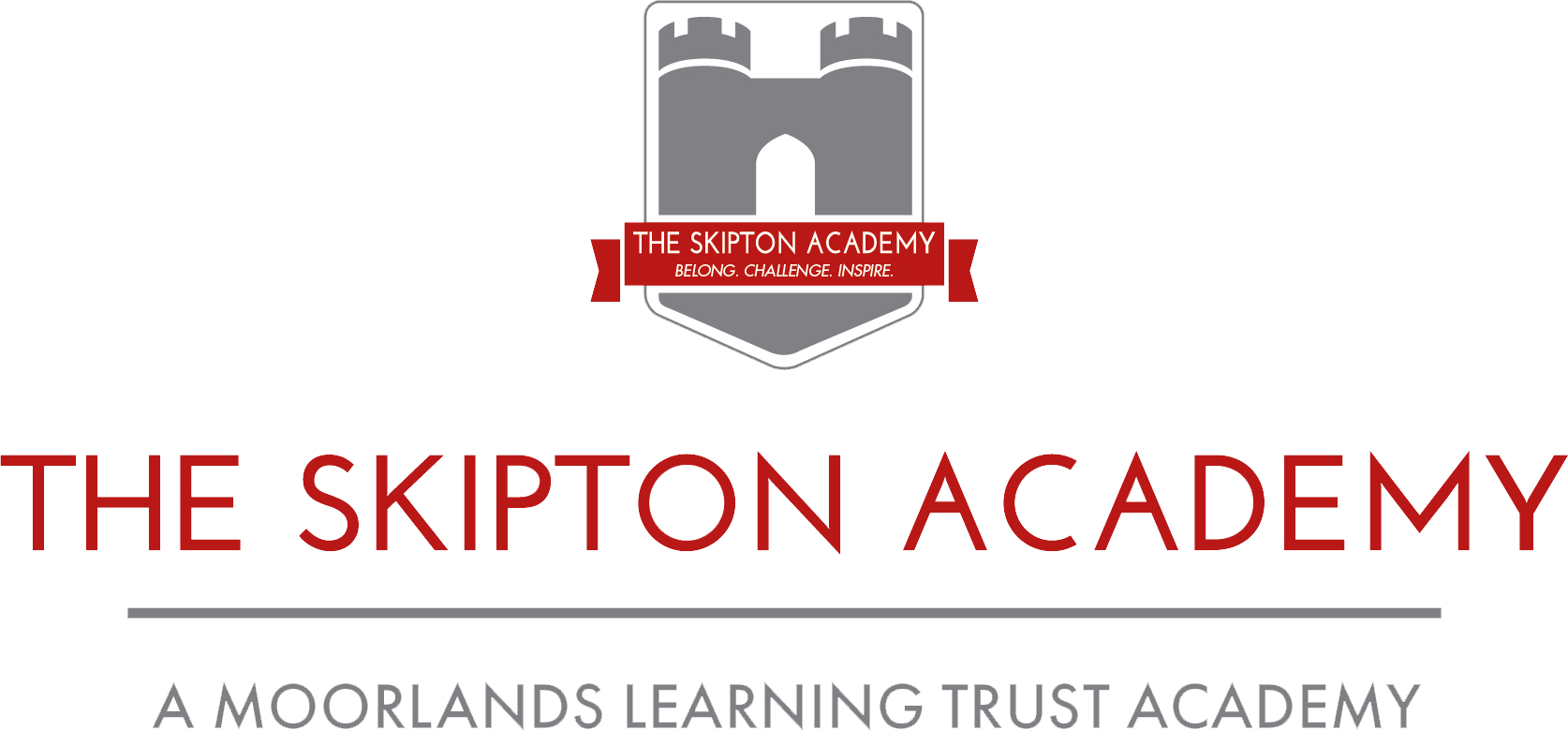Revision & Exam Preparation
Mock GCSE and BTEC examinations are held bi-annually for Year 11. These exams provide an essential opportunity for students to familiarise themselves with the format and content of GCSE and BTEC papers and give both them and their teachers a clear indicator of current and future academic performance.
The results are used by the school to further identify those who require additional support therefore it is imperative that pupils put 100% effort into all revision and exam performance. This information is used to update your child’s predicted GCSE grade and helps determine tiers for entry in certain subjects. Furthermore, the predicted GCSE grade will be requested by sixth forms, apprenticeships and colleges.
To ensure your child is best prepared for the summer GCSE examinations in 2021 it is imperative that revision is completed frequently. Educational research shows that revisiting topics and continual practice of work is vital and the key to success in good exam performance.
Frequently Asked Questions
What do I need to know before I start revising?
- which subjects you have examinations in
- when they are
- where they are
- which topics to revise
- the equipment needed for each subject
You will receive a timetable of the examinations from your form tutor.
You can ask your teachers in each subject for certain information about your examinations e.g. which topics will be covered or if this any special equipment you will need for that subject.
Make sure you bring a clear pencil case or plastic bag for essential stationery (pens, pencils, rubber, ruler etc) to all your examinations.
Check that you have copied up notes from any lessons you may have missed due to illness before you start to revise.
Where should I revise?
The perfect study environment should be…
- calm and quiet
- well lit
- not too hot, not too cold
- well ventilated (fresh air)
- free from distractions – mobile phone, TV, other people, social media etc
It should contain…
- a table or desk
- a comfortable chair
- all revision equipment and notes
- a drink. and possibly a snack
It is important that you are comfortable when you are revising and that you are able to concentrate.
You can learn by association; thinking about the place in which you revise can help you to recall information in an examination.
It might be difficult for you to revise on your own in your bedroom all the time. You could try the school library, or with a friend (but if you find revising with a friend distracting, avoid it!)
Listening to music while revising does help some people, but most tend to find it off-putting. Some people do find some quiet background noise more helpful than silence.
You might like to give classical music a try; it’s supposed to improve your ability to concentrate!
How should I organise my revision?
Make your own revision timetable or a tick list of topics for each subject.
It is important to spend some time deciding what to revise when so that you are fully prepared for every subject.
Use a diary or wall chart to organise the time you have available for revision.
Try to vary the subjects you are revising.
Try tackling the subject you least like/find most difficult first and working towards a preferred one, rather than leaving difficult topics to the end of the day.
Do not plan to revise too late into the evening – your revision will be much less effective if you are too tired.
What’s the best way to revise?
- rewriting notes from your exercise book
- typing notes
- creating a set of cue cards
- drawing mind maps
- using mnemonics
- reworking examples from your notes or textbook
- reviewing previous pieces of work and teachers’ comments
Revision should be as active as possible. Rather than copying out notes from lessons, try rewriting them in another way or reducing them to keywords/phrases on revision (or ‘cue’) cards.
Some people find using different coloured pens or highlighters help them to remember when revising.
Mind maps are more detailed and complex spider diagrams, which help your brain to make connections within a topic area. They can include pictures, colours and links or arrows.
You can invent your own mnemonic to help you remember key words in a topic, e.g. the order of points of the compass (Never Eat Shredded Wheat = North, East, South, West).
Looking back at previous work done in class or at home can be very useful. Can you see where you went wrong last time? What was it that earned you marks or praise from a teacher?
You can ask your teachers for advice on revision techniques in their subject area.
How long should I revise?
- Do not try to study all day (e.g. at the weekend)
- Allow time for breaks for meals, relaxation and exercise in your revision timetable
- Take short breaks during revision for snacks & fresh air
Breaks and variety are important when revising. If you revise for too long, your mind will start to drift. Try revising for 20 minutes, then taking a 5-minute break before continuing for another 20 minutes before a longer break. Find what works for you.
What should I avoid?
- leaving revision until the last minute
- reading notes over and over again
- copying notes over and over again
- writing out homework and learning it off by heart
- finding ways to put off revision
- getting into a revision panic
- getting bored with revision
You can avoid the last three by making (and sticking to) a realistic, well-thought-out revision timetable. It should include empty spaces in case of emergencies and also include watching TV or other distractions as a reward. You should vary your revision schedule and take sensible breaks when you need them.
Work steadily. Set yourself small targets each time you revise. Invent little tests for yourself to keep revision interesting and satisfying.
Be positive and be wary of what classmates are saying about their revision. Don’t let others panic you when you are working to your own, carefully worked-out schedule.
What should I be doing just before an exam?
The night before an exam…
- get plenty of sleep the night before
- pack your equipment the night before
On the day…
- arrive in good time on the day
- walking to school and getting fresh air can help wake you up
- don’t drink too much water!
In the exam room…
- read any instructions carefully before you start the exam
- ask the teacher if you’re not sure about something before the exam begins
- allow enough time for every question in the exam
What can my family do to support me?
- Provide a quiet study environment.
- Help you construct a revision timetable.
- If you share a bedroom, consider other places you can work, e.g. a parent’s home office, an attic room, a relative’s house.
- Be positive – particularly in moments of panic
- Offer you help – particularly to test you.
- Offer some incentives to work (but not bribes to do well!)
- Consider taking you away from the house (or out of your bedroom) for some of your breaks.
- Make sure you have a healthy balanced diet whilst revising.
- Try to avoid tension/arguments, no matter how grumpy you are.
Revision Strategies
Students will use revision techniques and strategies that work for themselves. it is important students use approaches that help to embed learning and moving it from short term memory and long term memory.
Parent Information Evening - 30 March 2023
Revision Resources
Alongside the resources available on students individual Showbie accounts and the revision hub, the following websites will provide additional support. Students should consult their individual subject teachers for additional support.












